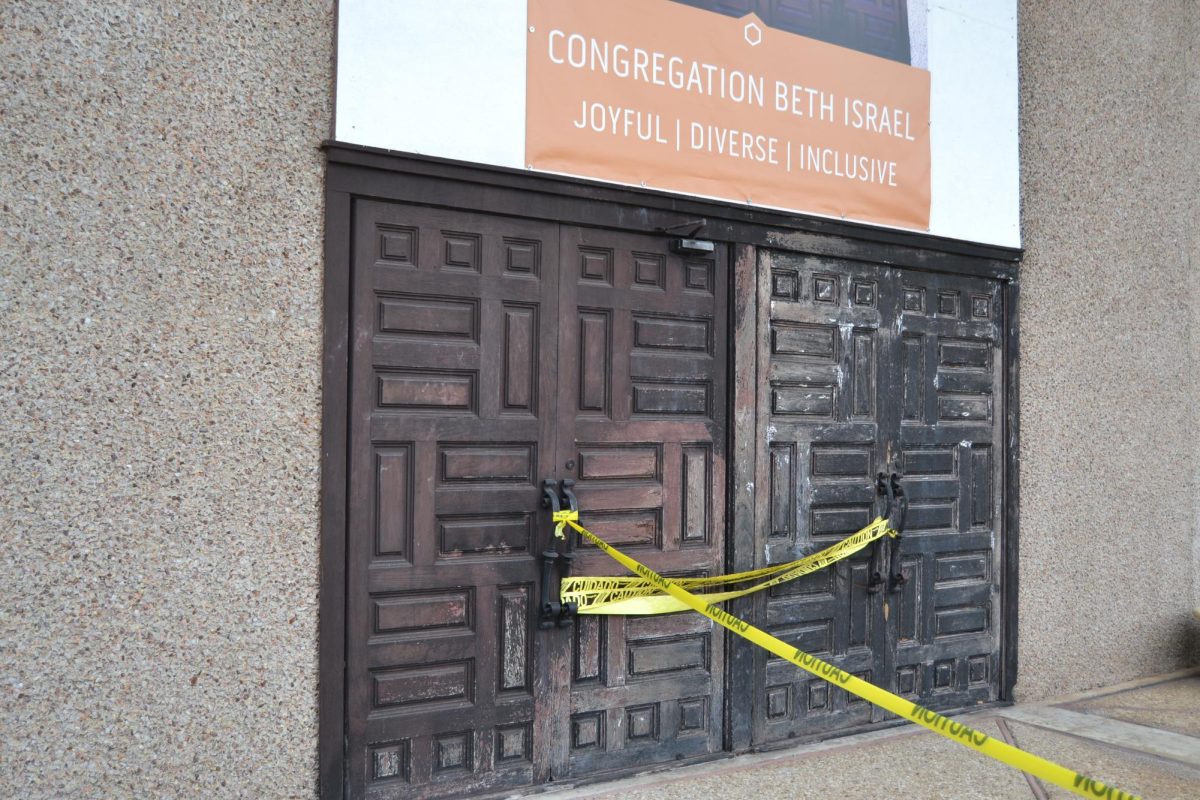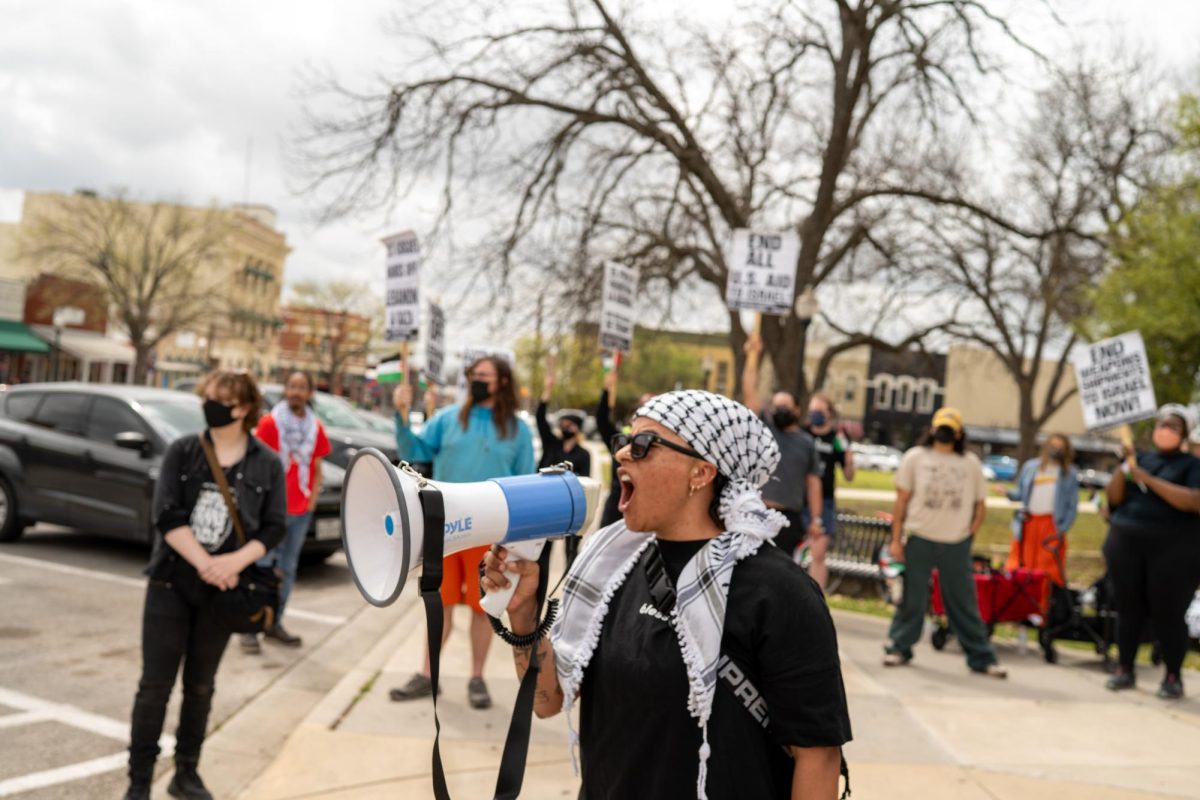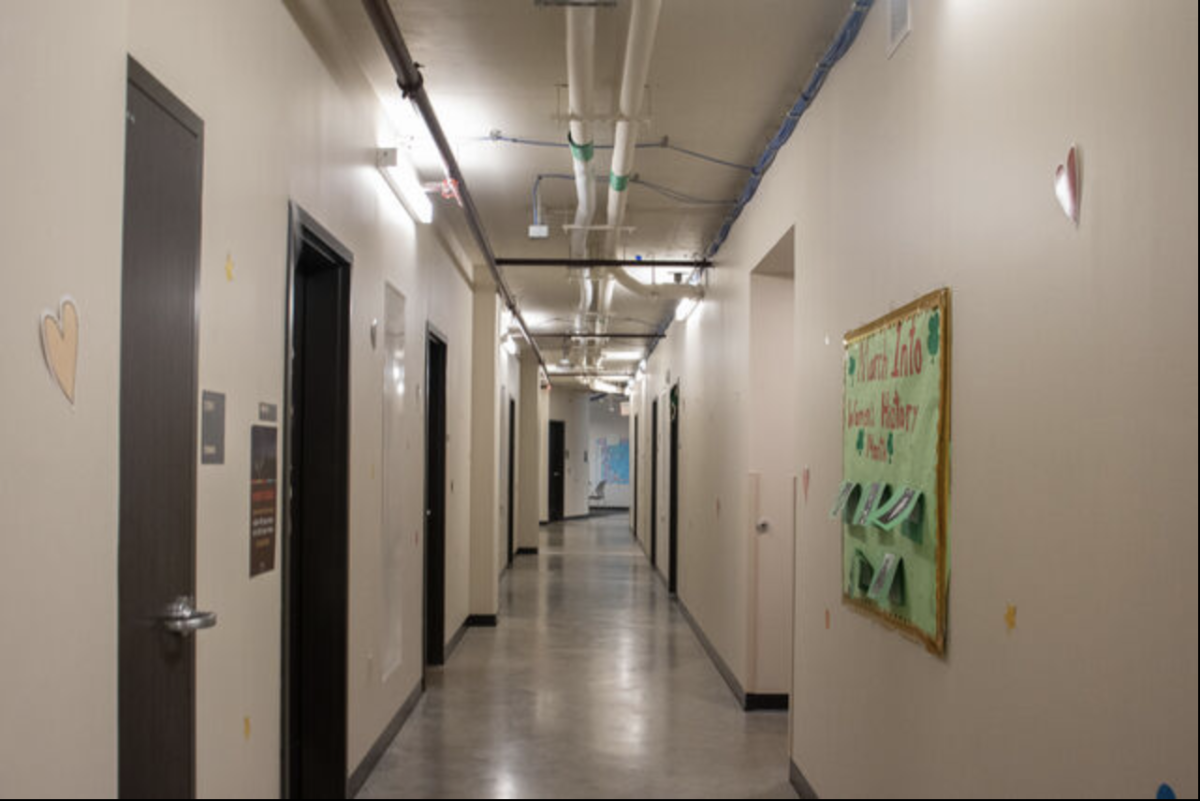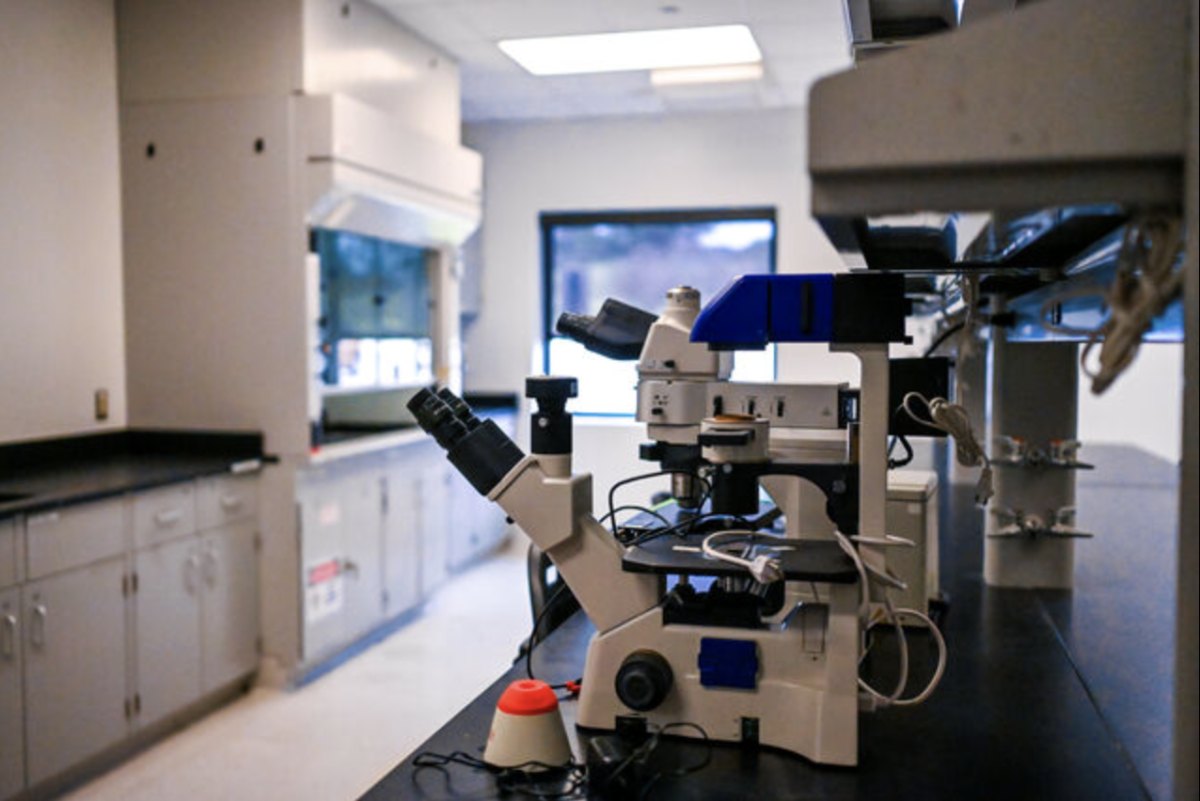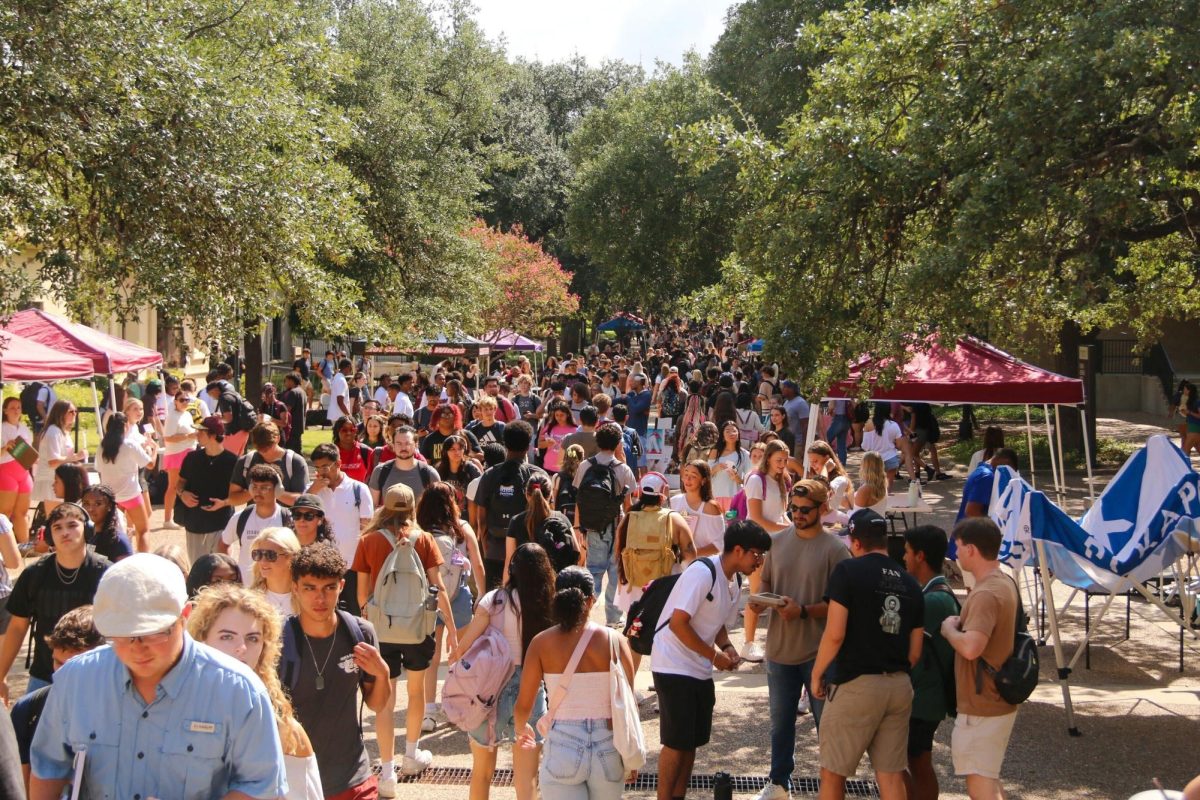Congregation Beth Israel (CBI), a synagogue in Austin, is working on rebuilding and recovering after a Texas State student committed arson to its sanctuary.
On Oct. 31, 2021, Franklin Sechriest, an 18-year-old Texas State student at the time, set fire to the CBI sanctuary. On Nov. 29, 2023, Sechriest was sentenced to 10 years in prison and three years of supervised release. He’s also required to pay $470,000 for committing a hate crime and arson charge.
“No one should have to fear that their daily lives will be inflicted by hate-fueled violence, or that their place of worship and community could become a target of hate,” U.S. Attorney for the Western District of Texas, Jaime Esparza, said in a Nov. 29 press release.
According to Executive Director Jake Cohen, about 25 members of CBI attended the hearing, and another 60-70 sent in statements to be read in court in support of the synagogue.
“I don’t think anyone felt good to be there,” Cohen said. “To see a young man who had made a terrible mistake… it was painful to see someone who is struggling that much.”
While Sechriest was sentenced to 10 years in prison, Senior Rabbi Steven Folberg said the judge recommended he be sent somewhere he could get mental help.
“He was recommending that the perpetrator be sent to a federal facility with hospital classifications,” Folberg said. “Not just a regular prison because it was a place where he could get therapy and get medication.”
Despite the difficulty of the hearing, Cohen said CBI is actively working on efforts to rebuild and enhance its security measures.
“We’ve never had daytime security prior to the arson and immediately after the arson we began working with a company to provide daytime security,” Cohen said. “We also have additional and increased security during events and other worship services.”
Cohen said CBI received multiple grants from the Federal Emergency Management Agency (FEMA) which have hardened the security of the building. This has included building bullet-resistant glass, film over windows and key code locks on doors.
In addition, Cohen said CBI met with architects in mid-February to decide the future of the building and security.
“A group of 25 congregants spent a day at a vision retreat with architects to look at our campus and future and begin the planning process,” Cohen said.
These efforts also coincide with trends in the country. According to the Anti-Defamation League, antisemitic crimes increased by over 300% since Oct. 7, 2023, a trend Cohen said is seen in the Austin area.
“A few months ago, an antisemitic group had a banner drop on the overpass just around the corner from the building,” Cohen said. “There’s also been [antisemitic] graffiti in and around the building and community.”
The community used the now burned-down sanctuary as a prayer space. After the arson, CBI decided to start hosting its prayers and services in the Smith Auditorium, a room designed originally as a multipurpose space, in August 2023.
In the auditorium sits two glass panes and a glass Ner Tamid, a flame sculpture. These glass fixtures come from the original glass of the sanctuary, embodying how CBI believes the community has persisted.
“It’s the idea of taking something that was hostile and hateful and dark and making it something that radiates light,” Folberg said.
While the feeling of the Smith Auditorium is not the same for some members of the community, it has provided more technological benefits.
“It’s a brighter space,” Folberg said. “It’s acoustically better… but it has taken time to get used to that space.”
Folberg said the community has persisted over the years, even through world-changing events.
“COVID-19 and the arson were really a one-two punch,” Folberg said. “But it’s a strong community and I think we have been navigating this as well as anyone could be.”
Now, the doors of the burned sanctuary still stand, serving as a reminder of the crime and its impact.
“There was something that really gutted people about the fact it was the doors that were burned because it’s [an] entry and it’s [a] welcome,” Folberg said.



